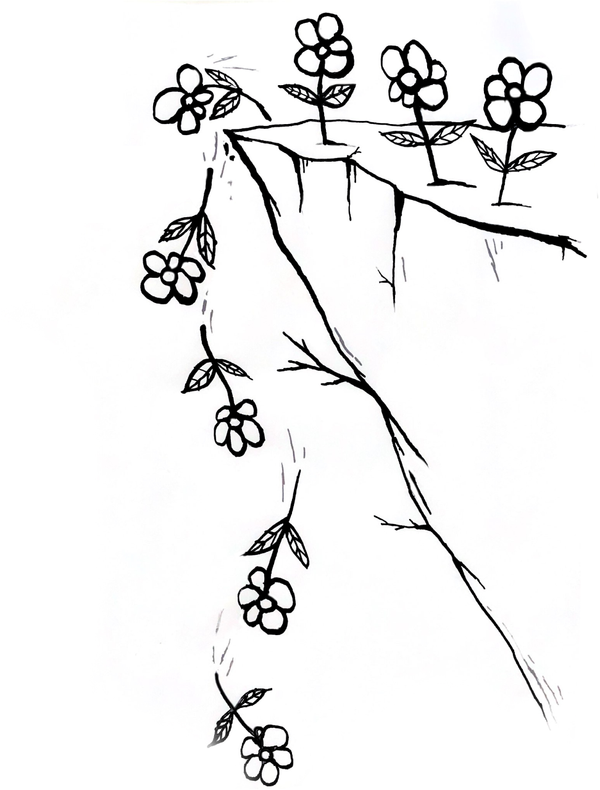Let me confess a guilty pleasure, one that elicits contempt from almost all of my friends: I quite like Roland Emmerich’s newish science-fiction movie, Moonfall. The premise is that the moon is a synthetic megastructure, built by humanity’s ancestors as an ark to repopulate our species following a conflict with a powerful artificial intelligence gone rogue.
Two features I find interesting in the film are, first, the denaturalization of what we spontaneously perceive as a gigantic natural object—the moon’s ragged surface is just a mask aimed at concealing a complex machine inside; and second, the conflict that structures the entirety of human history is one between two strands of artificial intelligence, the moon AI and the rogue AI, not between humanity and AI as such.
So what if we universalize this premise and conceive nature itself—what we view as its most “natural” features (spontaneity, chaos, etc.)—as a deceptive appearance concealing a machine inside? Is not the lesson of the latest biogenetic developments that we are entering a new phase in which it is nature itself that melts into air?
Biotechnology spells the end of nature. Once we know the rules of their construction, natural organisms become objects amenable to manipulation. Nature, human and inhuman, is thus “de-substantialized,” deprived of its impenetrable density, of what Heidegger called “earth.” This compels us to give a new twist to Freud’s title Das Unbehagen in der Kultur: discontent, uneasiness, in culture. With the latest developments, the discontent shifts from culture to nature itself: Nature is no longer “natural,” the reliable “dense” background of our lives; it now appears as a fragile mechanism that at any point can explode in a catastrophic direction.
